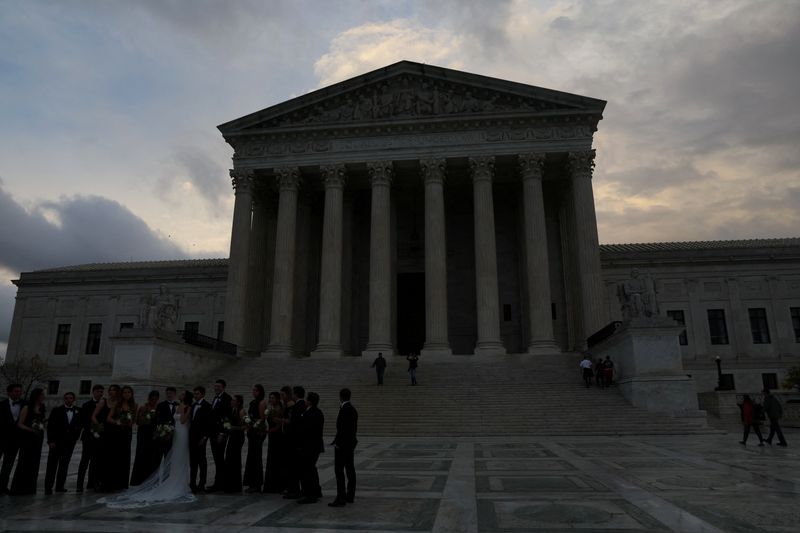By Brendan Pierson
(Reuters) - The U.S. Supreme Court on Friday agreed to consider reviving two lawsuits accusing pharmacy operators of overbilling government health insurance programs for prescription drugs, a dispute that could have broad implications for whistleblowers and the government's ability to go after fraud.
The key question in both cases is whether companies can shield themselves from whistleblower fraud lawsuits by pointing to an "objectively reasonable" interpretation of the law that supports their conduct - regardless of whether they actually believed that interpretation in good faith at the time.
That is what both Safeway Inc and SuperValu Inc, which was acquired by Rhode Island-based United Natural Foods (NYSE:UNFI) Inc in 2018, argued in lawsuits filed by whistleblowers accusing them of defrauding Medicare and Medicaid. The Chicago-based 7th U.S. Circuit Court of Appeals agreed, granting judgment in favor of the companies. The whistleblowers appealed to the Supreme Court.
"We are glad the court took up this important issue," said Tejinder Singh, a lawyer who represents the whistleblowers in both cases.
Safeway and United Natural Foods did not immediately respond to requests for comment.
Both lawsuits claim that the pharmacy operators billed Medicare and Medicaid for prescription drugs based on artificially high sticker prices, while charging most customers paying for the drugs out of pocket much lower prices through discount programs.
The whistleblowers said that federal law required pharmacies to bill Medicare and Medicaid based on "usual and customary" prices that they actually charge customers. They also said both companies knew they were defrauding the government and worked to conceal their pricing practices.
The 7th Circuit agreed that the companies had overcharged the government. But it found they could not be held responsible for fraud because their billing practices were supported by an "objectively reasonable" interpretation of the law - even if they did not actually believe that interpretation and consciously intended to deceive the government.
The U.S. Justice Department had urged the Supreme Court to take the case and reverse the 7th Circuit, saying the appellate court's rulings frustrated the intention of a federal law called the False Claims Act that allows whistleblowers to sue for fraud on behalf of the government.
